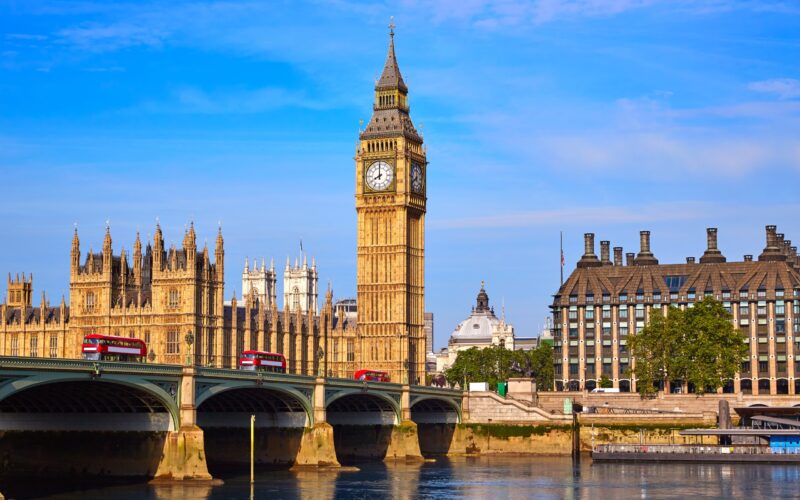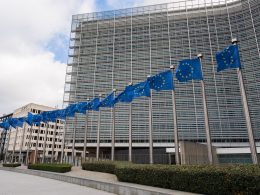The UK Government has opened a long-anticipated consultation on the proposed UK Sustainability Reporting Standards (SRS), forming a core element of its initiative to modernise the national corporate reporting framework.
Largely based on the International Financial Reporting Standards (IFRS) Sustainability Disclosure Standards—namely IFRS S1 and S2—the UK’s proposed approach builds upon its existing climate-focused regime aligned with the Taskforce on Climate-Related Financial Disclosures (TCFD). Adoption of the IFRS framework would expand corporate reporting requirements to encompass broader sustainability issues beyond climate.
The Government has proposed incorporating the IFRS standards with minimal amendments, following a technical review by the UK Sustainability Disclosure Technical Advisory Committee (TAC) in late 2024. The consultation outlines a series of targeted changes aimed at facilitating implementation within UK law, while maintaining consistency with the core substance of the international standards.
Key proposed amendments
- Eliminating the first-year reporting delay: Unlike IFRS S1, which allows companies to defer their first sustainability report relative to financial statements, the UK draft removes this transition relief to ensure data connectivity between financial and sustainability disclosures.
- Extending the ‘Climate-First’ reporting period: The UK proposes a two-year climate-only focus, doubling the IFRS provision that allows companies to delay reporting on non-climate sustainability matters to the second year.
- Dropping the mandated use of GICS: To reduce reporting costs, the UK suggests removing the requirement to use the proprietary Global Industry Classification Standard (GICS) for calculating financed emissions, allowing the use of alternative, reasonable classification systems.
- Removing explicit effective dates: While IFRS S1 and S2 include a start date of 1 January 2024, the UK draft omits this, stating that implementation dates will be determined by subsequent legislation or FCA regulation.
- Softening reference to SASB standards: The UK proposes making reference to the US-based Sustainability Accounting Standards Board (SASB) voluntary rather than mandatory, reflecting concerns about relevance and applicability in the UK context.
- Clarifying transition reliefs for voluntary early adopters: Transition reliefs—such as those deferring Scope 3 emissions reporting—would apply from the date of legal mandate, ensuring early adopters are not disadvantaged.
Areas for further feedback
The consultation also invites views on several unresolved areas:
- Financed emissions: In response to concerns from financial institutions, the Government is seeking further clarification from the IFRS on calculation methodologies, particularly regarding timing and data availability.
- Carbon credits: Stakeholders are asked to comment on which disclosures related to carbon credits are most useful for decision-making, in line with ISSB S2 and broader UK efforts to regulate voluntary carbon markets.
Timeline and next steps
The consultation is open until 17 September 2025. Final recommendations will be issued thereafter, with the Financial Conduct Authority (FCA) expected to consult on replacing the current TCFD-based requirements for listed companies. The Government aims for the new standards to apply to financial years beginning on or after 1 January 2026, with disclosures commencing in 2027.
Investor groups have broadly welcomed the move towards the ISSB-aligned SRS, with the Government reiterating its commitment to ensuring “high-quality, comparable information across reporting entities and jurisdictions.”





















